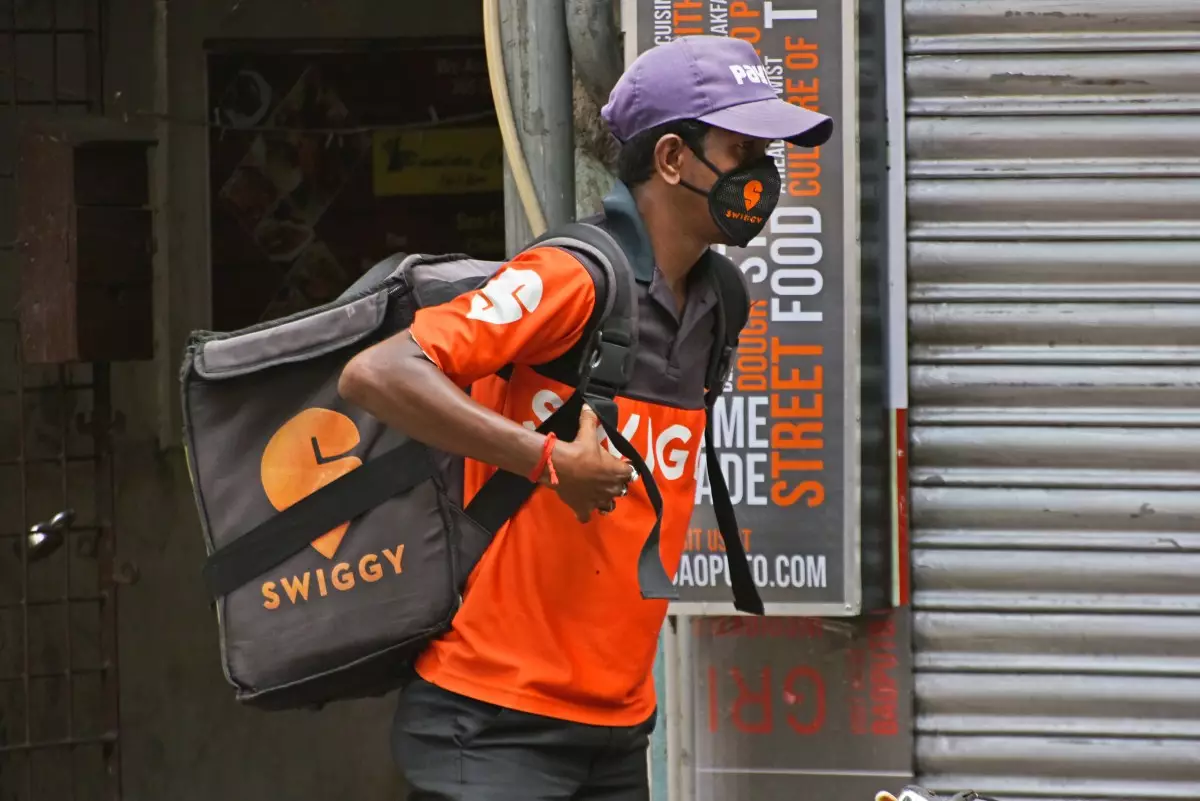In recent years, the landscape of food delivery in India has undergone a remarkable transformation, highlighted by the emergence of quick-commerce services. Swiggy, a frontrunner in this space, has launched an ambitious 10-minute meal delivery service called “Bolt.” This initiative not only signifies the company’s commitment to reducing wait times but also represents a fierce competition among food and grocery delivery platforms in one of the fastest-growing digital markets in the world.
Swiggy has forged partnerships with over 2,700 restaurants, including well-known global franchises like KFC, McDonald’s, and Starbucks. These collaborations are crucial, enabling Swiggy to offer a diverse range of quick-to-prepare food items that cater to the evolving tastes and expectations of urban consumers. The focus on meals that can be prepared swiftly aligns with contemporary lifestyles that demand convenience and speed. Moreover, by maintaining a delivery range within 2 kilometers, Swiggy optimizes its logistics, ensuring a more efficient and economical operation.
The driving force behind this new service is the changing behavior of consumers who increasingly seek quick and dependable solutions for their meal needs. Swiggy’s head of food delivery, Rohit Kapoor, noted the intention behind Bolt is to serve frequently ordered items such as coffee, burgers, and biryani, which resonate with the fast-paced lifestyle of city dwellers. By tapping into this trend, Swiggy positions itself at the forefront of customer expectations, promising not just variety, but also speed—a true game-changer in the crowded food delivery market.
The launch of Bolt intensifies competition in India’s burgeoning quick-commerce sector, which has seen a staggering growth rate of over 100% in the last year. Rivals like Zomato with its Blinkit service, along with Swiggy’s own quick-commerce initiative, Instamart, are demonstrating a shift in consumer shopping behavior towards expecting instant deliveries across various product categories. This converging landscape sees giants like Flipkart entering the fray, introducing their quick-commerce offerings in a bid to capture market share.
While the promise of rapid delivery caters to immediate consumer desires, it also presents significant challenges. As competition heats up, the sustainability of such speedy services will come under scrutiny. The operational costs associated with maintaining quick delivery times can be substantial, and managing a fleet of delivery personnel to meet real-time demands requires meticulous planning and resource allocation. Moreover, the challenge of maintaining quality and consistency in food delivery cannot be overlooked; as speed increases, the risk of customer dissatisfaction might also rise.
As Swiggy embarks on this ambitious journey with Bolt, the implications for the food delivery ecosystem in India are substantial. The service is not just about delivering meals faster; it is a reflection of deeper trends in consumer preferences and market dynamics. The stakes are high, and how well Swiggy navigates this terrain will likely shape the future of food delivery, not only in India but potentially in other emerging markets as well. Only time will reveal if the 10-minute meal service is a fleeting trend or a sustainable business model that reshapes delivery expectations forever.

